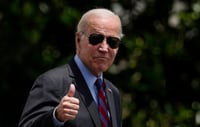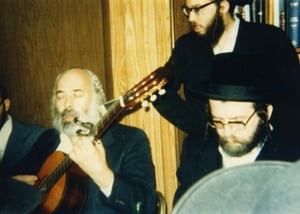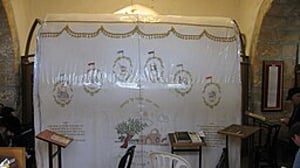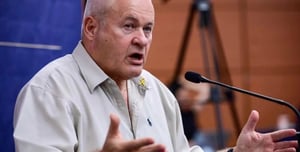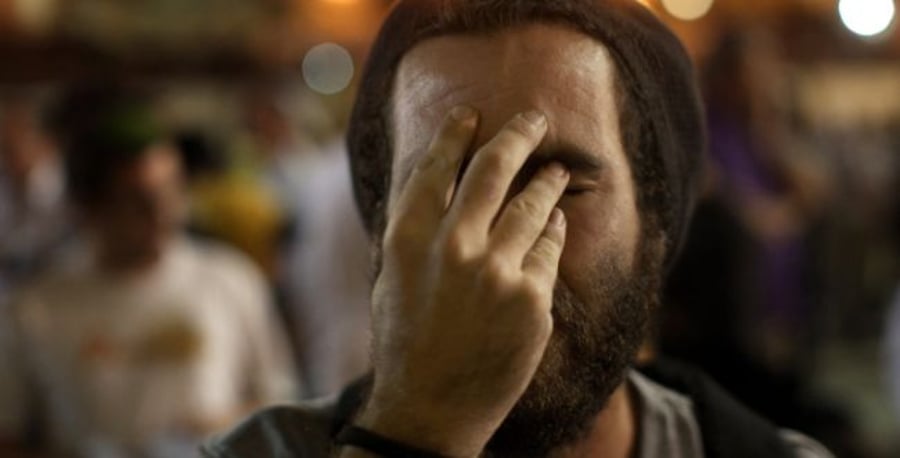
"Hear, O Israel, God is our Lord, God is One.” (Deut. 6:4)
This formative verse was said by Moshe Rabeinu, the first leader and Chief of Staff of the first generation of the People of Israel, on their way to enter the land.
Today, when we say “Hear, O Israel,” we ostensibly enter, with awe and trembling, into the great shoes of Moshe, appealing to the whole People of Israel, reminding him (meaning us) of the source of our national strength.
And this is the interpretation of the verse in its plain sense: “Hear, (People of) Israel, God (the Creator, is) our Lord (the Rock of Israel and its Redeemer), God is one (He controls all the nations and their gods, and all is from Him).”
And since God is the source of our national strength, and He will give us the strength to defeat our enemies, we therefore need to worship Him and observe His commandments (And let these commandments be engraved in our hearts through the other four commandments mentioned in the Shema reading) and avoid following the gods of the other nations and worshipping them. Observing the Torah in full, with an emphasis on the social and national commandments, is the national strength of the nation among whom God dwells.
*
In the blessing preceding the reading of the Shma, we ask: “Lord of the world, in your great mercy have mercy on us, the master of our courage, the rock of our greatness, the defender of our salvation, the greatness for us.”






